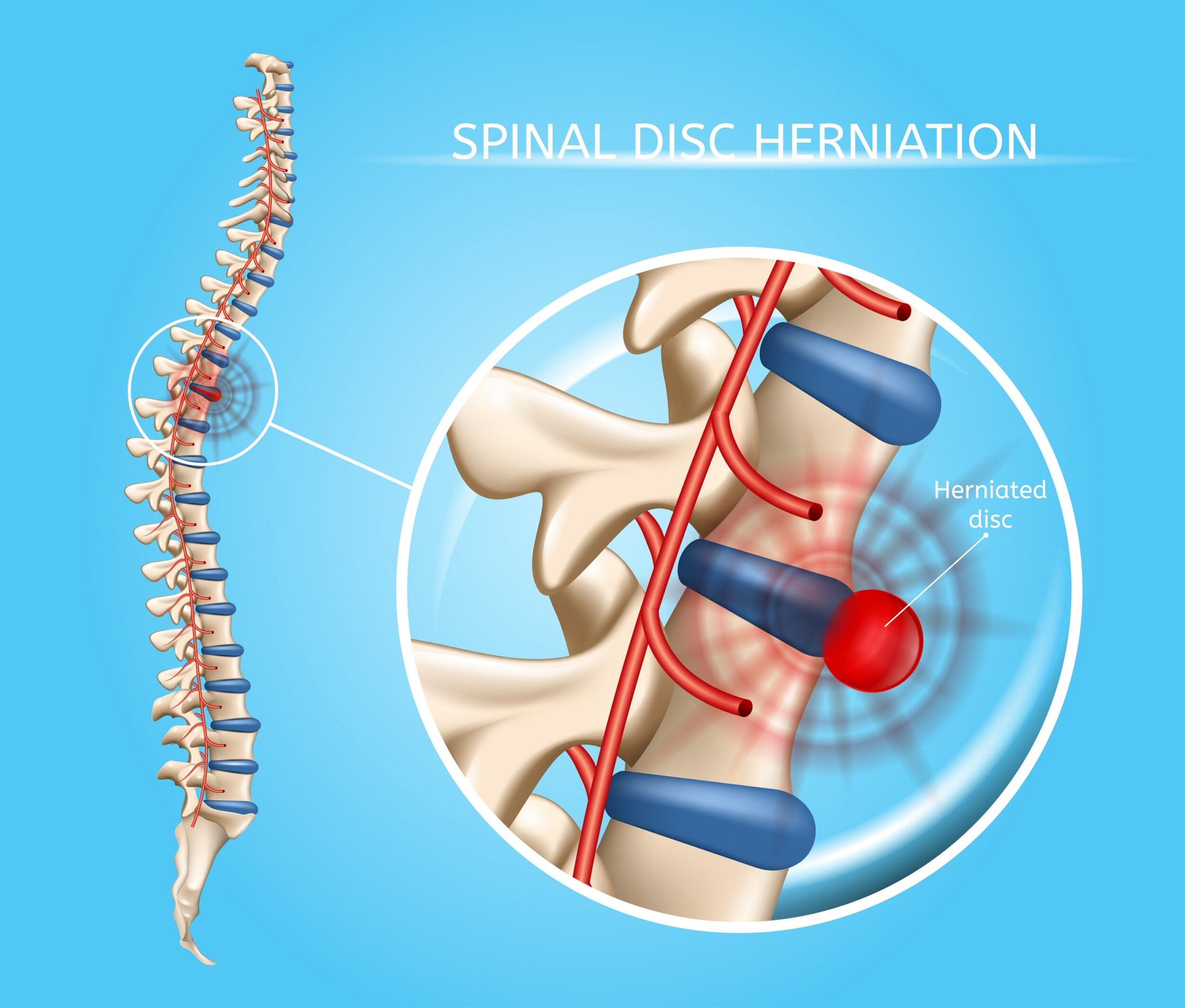The Art of Pain Management: Integrating Science alongside Comfort Strategies
Suffering is a universal experience that can greatly impact our everyday lives and overall well-being. Yet, pain management is an art that combines the study of comprehending pain with the comfort of seeking efficient relief. Whether you are facing acute pain from an injury or the persistent challenges of long-term pain, knowing the suitable treatment options available can make a substantial difference in your quality of life.
In this comprehensive guide, we will explore the nuances of pain management, analyzing the different types of pain and how they can be successfully managed. From specialized pain management clinics to innovative therapies and integrative approaches, we will investigate how these resources can help individuals regain control over their pain. Understanding the mechanisms behind why we feel pain is crucial, as it lays the groundwork for exploring a range of treatments, from rehabilitation and chiropractic care to complementary methods like acupuncture and mindfulness. Join us on this journey to discover the many aspects of pain control and learn how to navigate this intricate landscape in search of comfort and relief.
Understanding Discomfort Control

Pain control is a complex approach crafted to relieve the experience of discomfort while tackling its fundamental causes. It features a multitude of methods and therapies aimed at enhancing the quality of life for people suffering from both short-term and long-term pain. By utilizing a combination of medical interventions, rehabilitative therapies, and daily modifications, pain management services strive to provide comfort and recover functionality to those suffering.
Sharp pain typically occurs from particular injuries or health conditions and is often brief, retaliating well to rapid treatment methods. In comparison, long-lasting pain endures over time, frequently requiring additional comprehensive, sustained management plans. Understanding great site between these two forms of pain is essential for developing customized treatment plans that efficiently satisfy patient needs, which can range from pharmaceuticals to further integrative approaches.
Pain control clinics play a vital role in administering specialized care to patients dealing with various discomfort conditions. These clinics employ a integrated approach, involving physicians, physical therapists, psychologists, and other experts to create an integrated treatment plan. By dealing with both the bodily and psychological aspects of discomfort, these facilities help clients recover control over their lives and boost their overall well-being, promoting a stronger sense of control in their pain management pathway.
Effective Pain Relief Strategies
Tackling pain efficiently needs a multifaceted approach adapted to the individual’s needs and the character of their pain. Both acute and chronic pain can substantially influence daily life, causing it essential to explore various strategies that encompass clinical, physical, and complementary therapies. Grasping the underlying causes of pain assists direct the selection of suitable treatment options, enabling patients to reclaim control over their lives.
Physiotherapy is a foundation of pain management for many patients, particularly those experiencing from chronic pain conditions. Through focused exercises and custom techniques, physical therapists can assist patients enhance their strength, flexibility, and overall function. Additionally, they educate individuals on the right body mechanics and provide counsel on how to mitigate re-injury, thus promoting long-term pain relief. Integrating physical therapy with other modalities, such as chiropractic care, can additionally augment recovery and promote a holistic approach to pain management.
Complementary therapies also have a vital role in pain management strategies. Techniques such as acupuncture and massage therapy have acquired popularity for their ability to reduce pain naturally. Research indicates that these treatments can help reduce muscle tension and improve circulation, resulting to a decrease in pain levels. Moreover, lifestyle changes, such as adopting an anti-inflammatory diet and practicing mindfulness, can beneficially impact pain perception and overall well-being. By leveraging a integrated approach that combines various treatments, individuals can find effective relief from their pain and boost their quality of life.
Holistic Methods to Pain Management
Holistic approaches to managing pain focus on treating the entire person rather than just the signs of pain. These methods combine bodily, emotional, and mental components of health to create a more comprehensive strategy. Practices such as mindfulness and meditation have been shown to diminish perceived pain levels by encouraging relaxation and mental clarity. This can help individuals better cope with their discomfort, leading to enhanced quality of life.
Integrating lifestyle changes and integrative methods can greatly influence strategies for managing pain. For instance, an inflammatory-reducing diet rich in whole foods can assist in reducing persistent pain. Moreover, consistent exercise, tailored to individual capabilities, not only enhances bodily well-being but also builds mental resilience against pain. https://pennington-frederick.technetbloggers.de/healing-devoid-of-injury-organic-strategies-to-pain-relief as stretching and martial arts promote mobility and stress relief, both of which are crucial in addressing discomfort.
Complementary therapies like acupuncture and bodywork have also gained attention for their effectiveness in relieving pain. Acupuncture treats discomfort through target areas in the body, encouraging natural healing and balance. Bodywork provides both physical relief from muscle tension and a calming effect that can reduce tension and anxiety related to long-term discomfort. Together, these holistic approaches create a strong foundation for managing pain, highlighting the relationship between mind and physical state in attaining overall health.